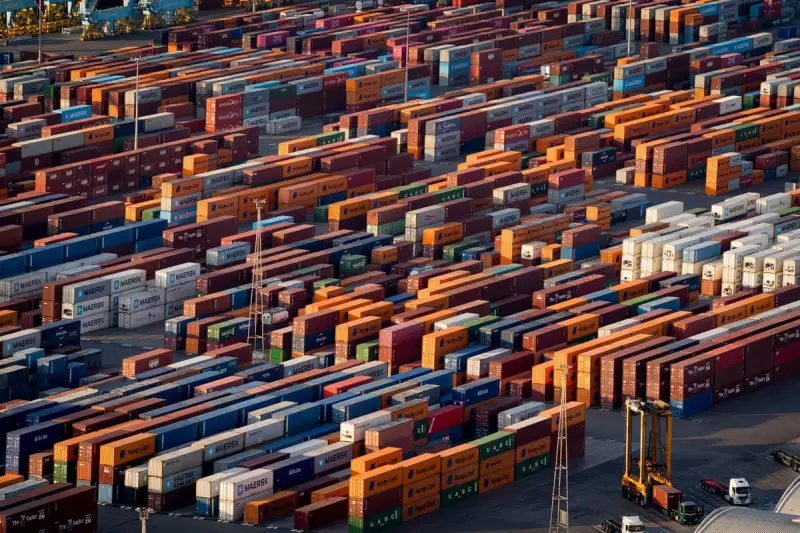
A group of small business owners in the United States has filed a lawsuit against former President Donald Trump, alleging that his administration's tariffs have inflicted significant financial damage on their operations. The legal challenge, which has gained traction in recent weeks, accuses Trump of overstepping executive authority by imposing sweeping trade restrictions without adequate congressional approval.
The Backlash Against Trump's Trade Policies
The plaintiffs argue that the tariffs, introduced during Trump's presidency, disproportionately harmed small and medium-sized enterprises (SMEs) while failing to deliver the promised benefits to domestic industries. Many businesses claim they were forced to absorb rising costs or pass them on to consumers, leading to reduced competitiveness and lost revenue.
Legal Arguments and Potential Consequences
The lawsuit hinges on whether Trump's use of executive power under Section 232 of the Trade Expansion Act was justified. Legal experts suggest that if the plaintiffs succeed, it could limit future presidents' ability to impose similar trade measures unilaterally.
"This case isn't just about tariffs—it's about accountability," said one attorney representing the small business coalition. "We're challenging the unchecked expansion of presidential authority in trade policy."
Broader Economic Implications
Economists warn that prolonged trade disputes and retaliatory tariffs have disrupted global supply chains, with SMEs bearing the brunt of the instability. The outcome of this case could influence how future administrations approach trade negotiations and economic protections.
Meanwhile, Trump's legal team has dismissed the lawsuit as "politically motivated" and insists the tariffs were necessary to protect American industries from unfair foreign competition.





